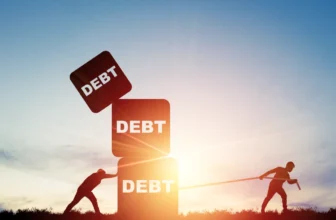You check your bank account. The number keeps shrinking. Gas costs more. Food costs more. Your paycheck buys less than it did last year.
You watch the news. Politicians blame businesses for being greedy. They promise new laws to fix everything. But things keep getting worse.
You wonder: Why does this keep happening? Is there something you’re missing about how money and business actually work?
There’s a book that predicted all of this. It came out in 1957. People called it dangerous. Some countries banned it. Others said it was the most important book ever written.
That book is “Atlas Shrugged” by Ayn Rand.
Over 10 million copies sold. In a 1991 survey of Book-of-the-Month Club readers behind the Bible, people ranked it as the second most influential book in their lives, right after the Bible. Economists call it “the most economically informed novel ever written.”
Why? Because it shows you how the economy really works. Not the confusing version they teach in school. The real version that explains why your money loses value and why some countries get rich while others stay poor.
Here are 15 lessons from this controversial book. They’ll change how you see money, business, and government forever.
“Atlas Shrugged” by Ayn Rand: A Controversial Book
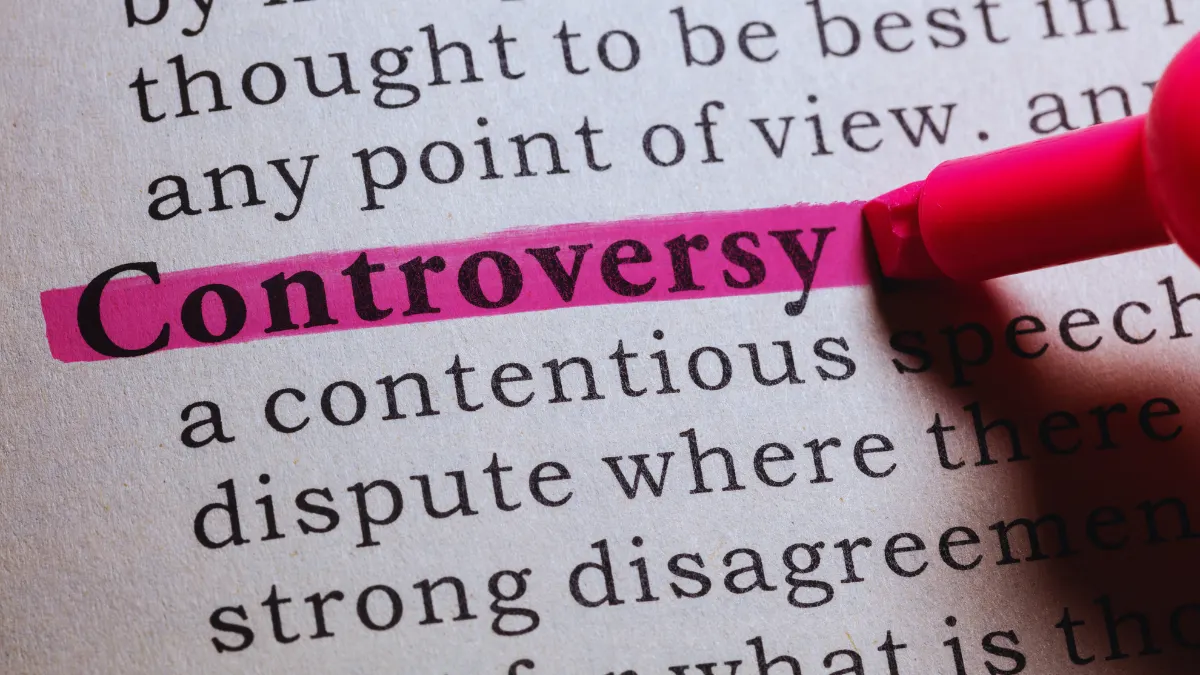
Atlas Shrugged tells the story of a future America where the government increasingly controls more of the economy. Heavy regulations crush businesses. The smartest people start disappearing.
The main character is Dagny Taggart. She runs a railroad company. She watches as government rules destroy her business and the whole economy.
Sound familiar?
The book sold over one million copies after the 2008 financial crisis. People saw the government bailouts and thought: “This is exactly what Rand predicted.”
Critics blame Rand’s ideas for economic problems. Supporters say her ideas could fix them. Either way, you can’t ignore what she wrote.
The book is over 1,000 pages long. Most people never finish it. But the economic lessons inside are pure gold. Here’s what you need to know.
Lesson 1: Your Brain Is Your Most Valuable Asset
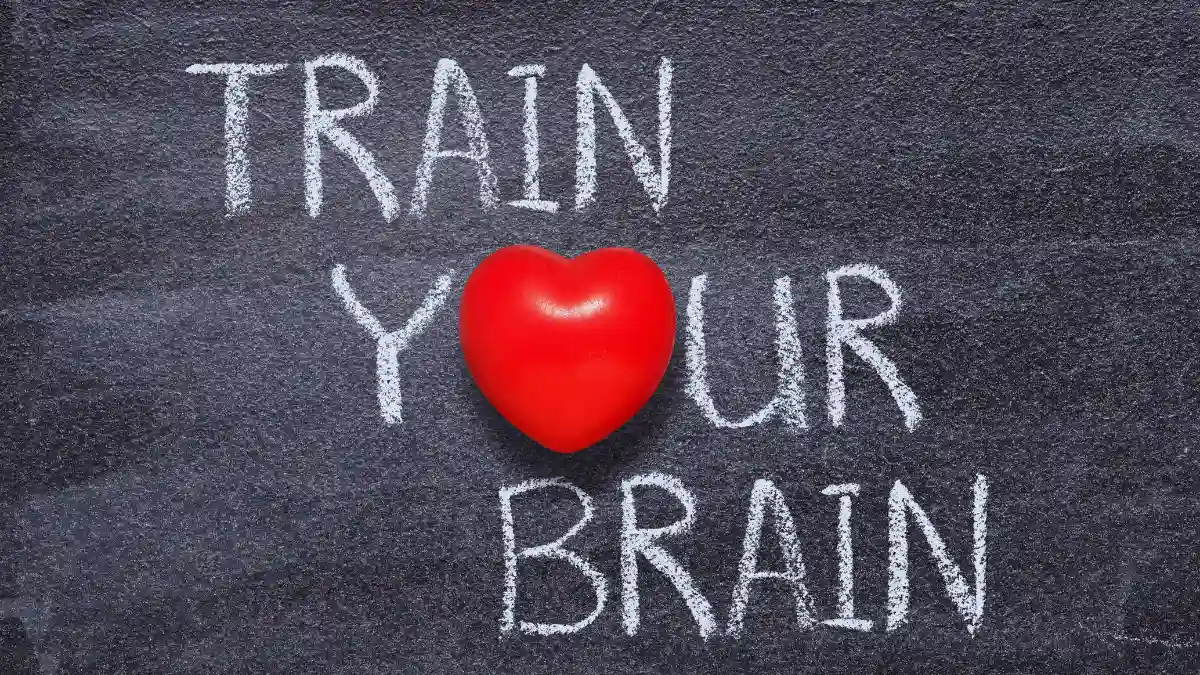
Most people think wealth comes from natural resources or cheap labor. Oil makes countries rich. Gold makes people wealthy.
Wrong.
Rand shows that the mind, human thinking, and intelligence are the primary sources of wealth. Natural resources are just potential wealth, not actual wealth.
Think about it. Saudi Arabia has had oil for thousands of years. But they only got rich when someone figured out how to use oil. The oil didn’t change. The knowledge did.
In the book, Hank Rearden spends 10 years creating a new type of metal. He doesn’t use his hands. He uses his brain. The result? A product that revolutionizes industry.
Why this matters today: Countries with the best education and research get rich. Countries that ignore education stay poor. Your ability to think, learn, and solve problems determines your wealth more than anything else.
What you can do: Invest in learning new skills. Read books. Take courses. Your brain is the one asset that always pays dividends.
Lesson 2: Make Things Before You Buy Things
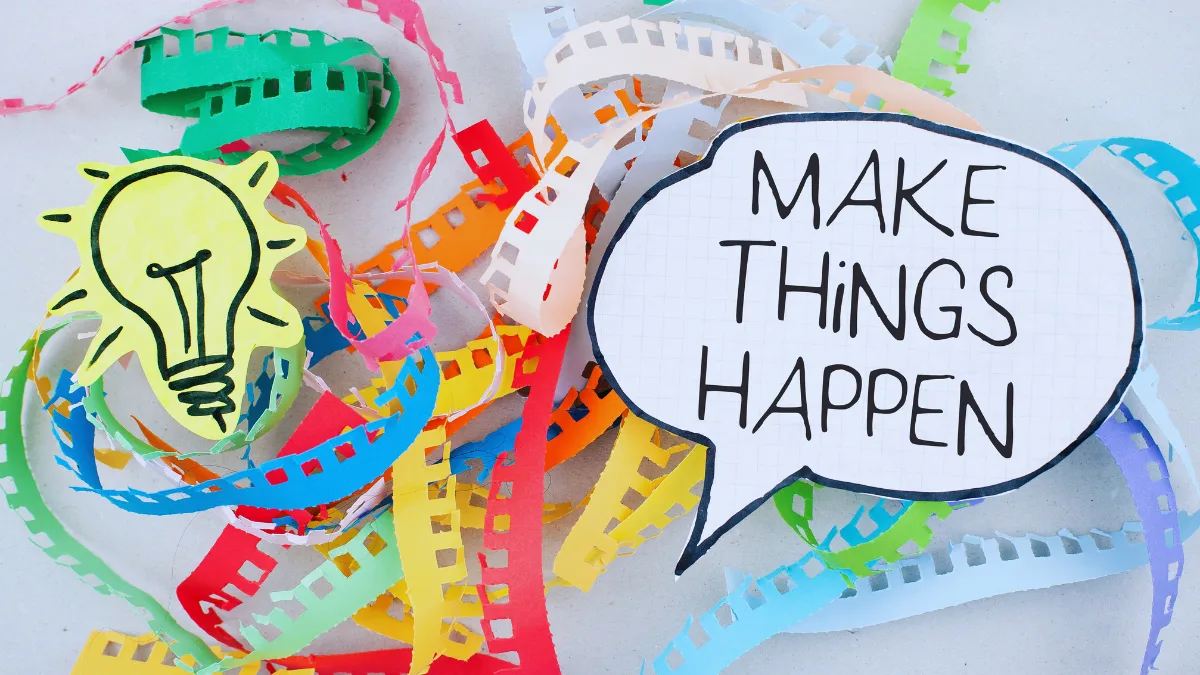
Here’s what they teach in school: Consumer spending drives the economy. When people buy more stuff, the economy grows.
Here’s what actually happens: You have to make things before you can buy things.
This follows Say’s Law: supply creates demand. Production comes first, consumption second.
Think about your own life. Can you buy a car before someone builds it? Can you eat food before someone grows it?
The book shows this principle clearly. When the producers stop producing, everything falls apart. No amount of government spending can replace actual production.
Why this matters today: The government prints money and calls it economic growth. But printing money doesn’t create wealth. Making useful things creates wealth.
Look at what happened during COVID. The government gave people money to spend. But factories were closed. Result? Too much money chasing too few goods. Prices went up.
What you can do: Focus on creating value, not just consuming it. Start a business. Learn a trade. Make something people want to buy.
Lesson 3: Government Rules Destroy Economic Coordination
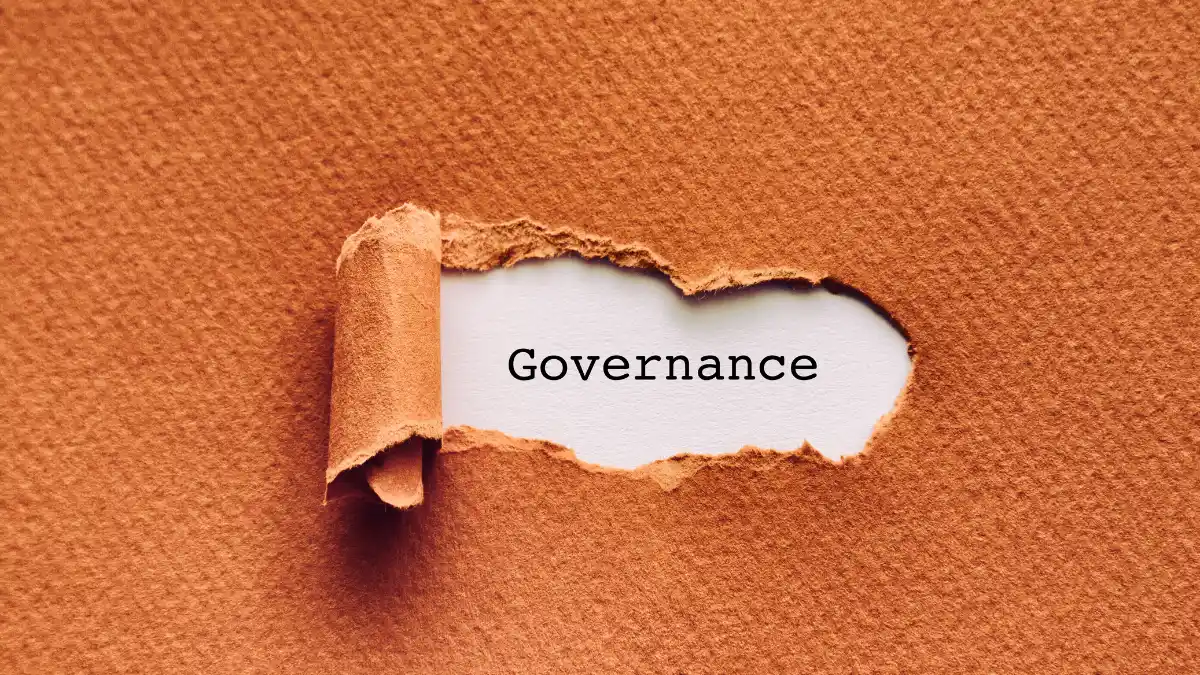
In Atlas Shrugged, the government passes the “Anti-Dog-Eat-Dog Rule.” It’s supposed to help small railroad companies compete with big ones.
What actually happens? The rule destroys competition and makes service worse for everyone.
The book shows how government regulations have unintended consequences that hurt the people they’re supposed to help.
Here’s why: Markets coordinate millions of decisions every day. Prices tell people what to make, where to send it, and how much to charge. Government rules mess up these signals.
Why this matters today: Look at California’s energy regulations. They were supposed to help the environment. Instead, they caused blackouts and higher prices.
Or rent control laws. They’re supposed to help renters. But they reduce the supply of apartments and make housing more expensive.
What you can do: When politicians promise to fix problems with new rules, ask: “What are the unintended consequences?” Usually, the cure is worse than the disease.
Lesson 4: Money Shows You What a Society Values
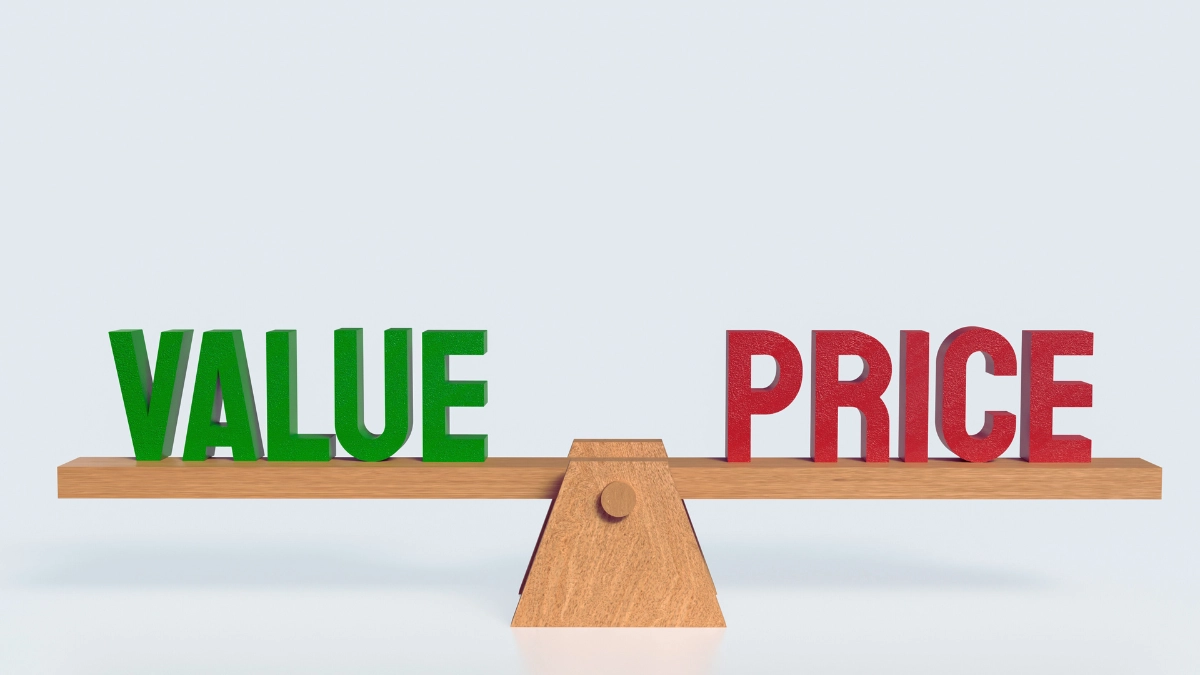
In the book, Francisco gives a famous speech about money. He says, “Money is the barometer of a society’s virtue.”
What does this mean? Good money comes from honest work. Bad money comes from printing presses and political favors.
When a society has sound money, productive people get rewarded. When money gets corrupted, political connections matter more than actual work.
Why this matters today: The Federal Reserve has printed trillions of dollars since 2008. This money doesn’t come from making useful things. It comes from a computer.
The result? Asset prices go up, but wages stay flat. Rich people who own stocks get richer. Working people get poorer.
This is why many people are buying Bitcoin. It can’t be printed by politicians.
What you can do: Protect yourself from money printing. Buy assets that hold their value: real estate, stocks, Bitcoin, or precious metals. Don’t keep all your wealth in dollars.
Lesson 5: Celebrate Success Instead of Punishing It

In Atlas Shrugged, successful businesspeople are treated like criminals. They get blamed for every problem. The government takes its money and gives it to others.
Sound familiar?
Today, business is the scapegoat for virtually every problem. Whatever the crisis, “greedy” businessmen take the blame. The solution is always more controls, more regulations, and more taxes.
But here’s what the book shows: Successful people create wealth for everyone. They build the companies that give people jobs. They invent the products that make life better.
When you punish success, you get less of it.
Why this matters today: High-tax states like California and New York are losing their most productive people. They’re moving to states like Texas and Florida, where they’re treated better.
This brain drain hurts everyone in the high-tax states.
What you can do: Don’t feel guilty about wanting to succeed. Success creates jobs and wealth for others. Support policies that reward achievement, not punish it.
Lesson 6: Individual Rights Create Prosperity
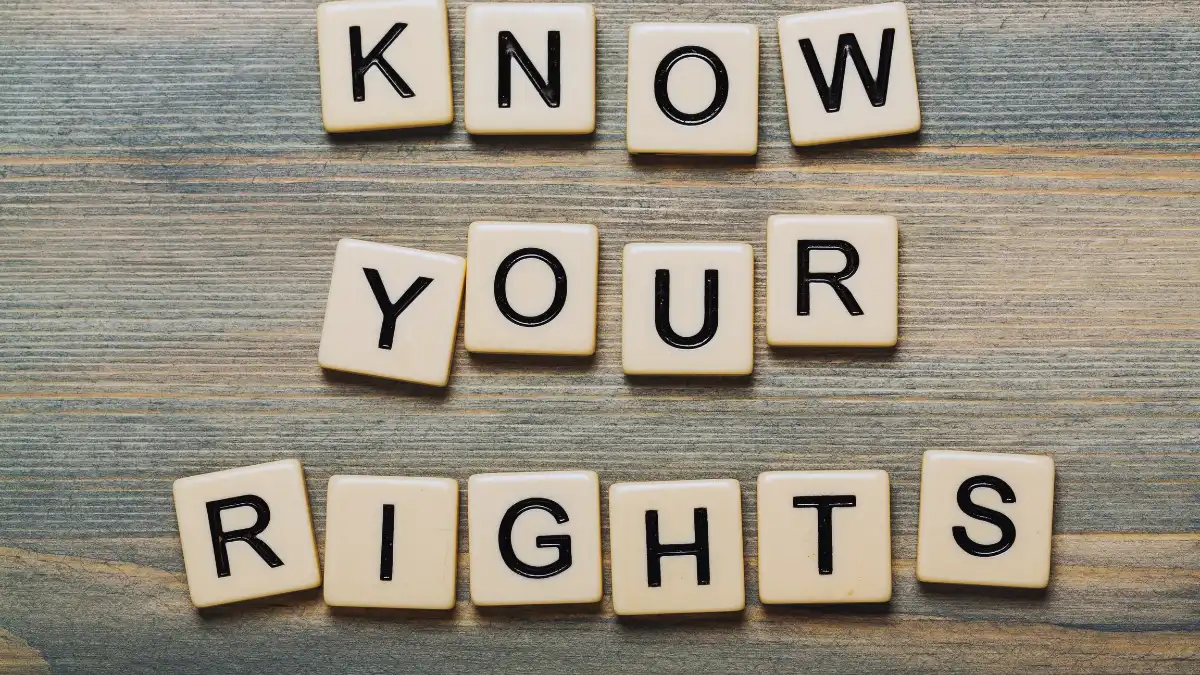
The book shows two types of societies. In one, individuals have rights. They can own property, start businesses, and keep what they earn.
In the other, the group matters more than the individual. The government can take your property “for the greater good.”
Guess which society gets rich?
Strong property rights encourage investment and innovation. When people know they can keep what they create, they create more.
Why this matters today: Countries with strong property rights (like Switzerland and Singapore) are rich. Countries with weak property rights (like Venezuela and North Korea) are poor.
This isn’t a coincidence.
What you can do: Vote for politicians who protect property rights. Support constitutional protections for individual freedom. Don’t let the government expand its power “just this once.”
Lesson 7: Trade Should Help Both Sides Win

In Atlas Shrugged, honest characters make deals where both sides benefit. Corrupt characters try to get something for nothing.
The book shows this principle: Good trade is voluntary and benefits both parties. Bad trade involves force or fraud.
This applies to everything from buying groceries to international trade deals.
Why this matters today: When politicians talk about trade wars and tariffs, they assume trade has winners and losers. That’s wrong thinking.
Good trade makes both countries richer. That’s why free trade agreements create wealth for everyone involved.
What you can do: In your personal and business dealings, look for win-win situations. Avoid people who want something for nothing. Build long-term relationships based on mutual benefit.
Lesson 8: Competition Makes Everything Better
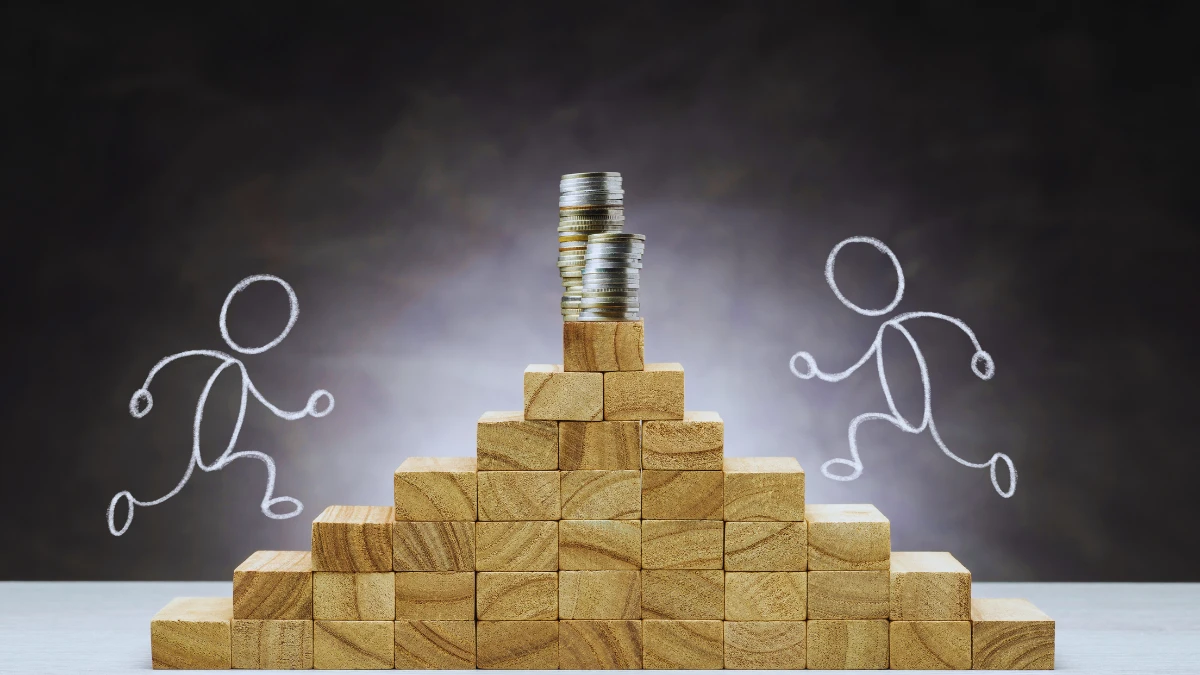
The book shows what happens when competition gets eliminated. Service gets worse. Prices go up. Innovation stops.
Why? Because competition forces companies to improve or die.
In one scene, a government agency eliminates competition between railroad companies. The remaining railroad gets lazy and inefficient. Customers suffer.
Why this matters today: Look at any industry with lots of competition. Prices fall and quality improves. Look at industries with little competition. Prices rise and service gets worse.
This is why so many people complain about their cable company or internet provider. These industries have little real competition.
What you can do: Support policies that increase competition. Avoid monopolies when possible. If you run a business, always assume new competitors are coming.
Lesson 9: Central Planning Always Fails

In Atlas Shrugged, government bureaucrats try to plan the entire economy. They set prices, decide what gets produced, and allocate resources.
It’s a disaster.
The book shows why central planning cannot replace market signals. Prices convey information that no central planner can access.
Think about it: How could any group of people know what millions of consumers want? How could they know the best way to make things? How could they predict what will happen tomorrow?
They can’t. Only free markets can coordinate this information.
Why this matters today: Every time the government tries to “manage” the economy, it creates problems. Price controls cause shortages. Industrial policy picks losers. Central banking creates boom and bust cycles.
What you can do: Be skeptical when politicians promise to fix the economy with government programs. Markets work better than central planning every time.
Lesson 10: Bailouts Create More Problems Than They Solve
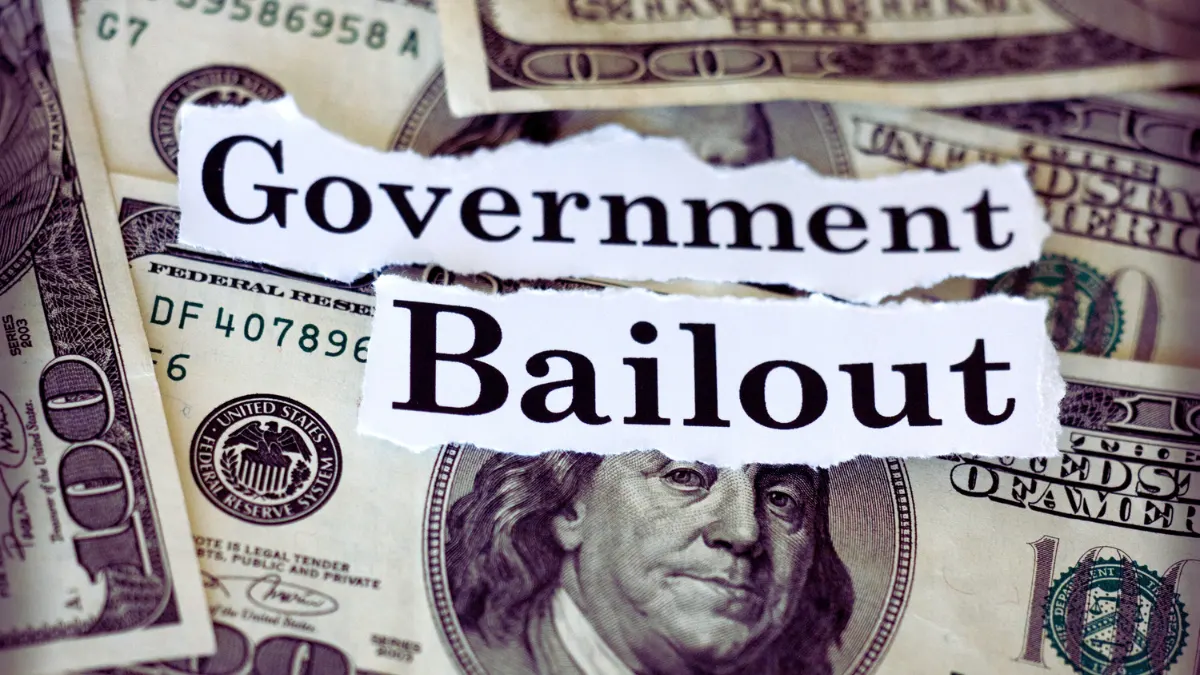
When companies fail in Atlas Shrugged, the government bails them out. This seems nice. But it creates bigger problems.
Why? Because bailouts teach companies they don’t have to worry about making bad decisions. Someone else will pay the price.
This is called moral hazard. When you protect people from the consequences of their actions, they make worse decisions.
Why this matters today: The 2008 financial crisis happened partly because banks thought they were “too big to fail.” They made risky bets because they knew the government would bail them out.
They were right. And they learned they could do it again.
What you can do: Don’t expect bailouts in your personal or business life. Make decisions as if you’ll have to live with the consequences. Because usually, you will.
Lesson 11: Equal Opportunity Beats Equal Outcomes

In the book, there’s a company that tries to pay everyone equally regardless of their contribution. Smart workers leave. Lazy workers stay. The company fails.
This shows the difference between equal opportunity and equal outcomes.
Equal opportunity means everyone gets the same chance to succeed. Equal outcomes mean everyone gets the same result regardless of effort.
The first system encourages people to work hard and improve. The second system discourages effort and rewards mediocrity.
Why this matters today: Countries that focus on equal opportunity (like South Korea and Estonia) have grown rich in a few decades. Countries that focus on equal outcomes often stay poor.
What you can do: Support systems that reward merit and hard work. Don’t support systems that give everyone the same prize regardless of performance.
Lesson 12: Long-Term Success Requires Stable Rules
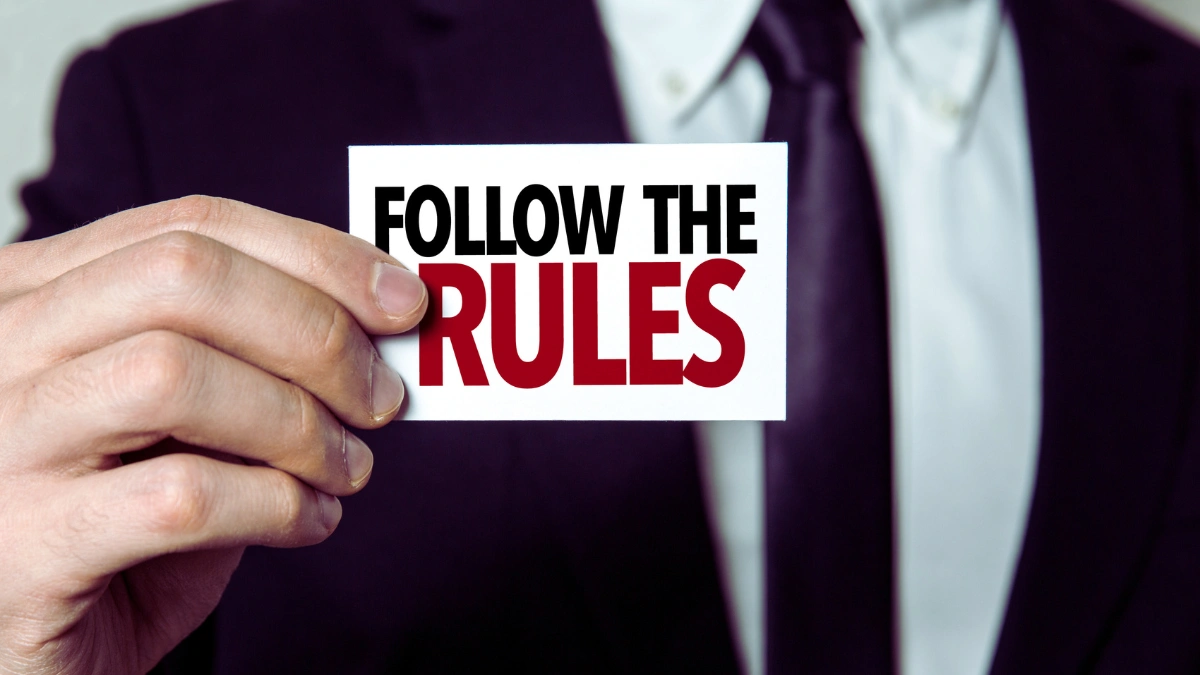
In Atlas Shrugged, businesspeople never know what new rule the government will pass next. This uncertainty makes it impossible to plan for the future.
Why invest in a new factory if the government might seize it tomorrow? Why develop new technology if regulations might ban it next year?
Uncertainty kills long-term investment. And long-term investment is what creates prosperity.
Why this matters today: Many businesses are sitting on cash instead of expanding. Why? Because they don’t know what new regulations or taxes are coming.
This hurts job creation and economic growth.
What you can do: If you run a business, build flexibility into your plans. If you’re an investor, factor in political risk. If you’re a voter, support politicians who create predictable rules.
Lesson 13: Mixed Systems Are Unstable
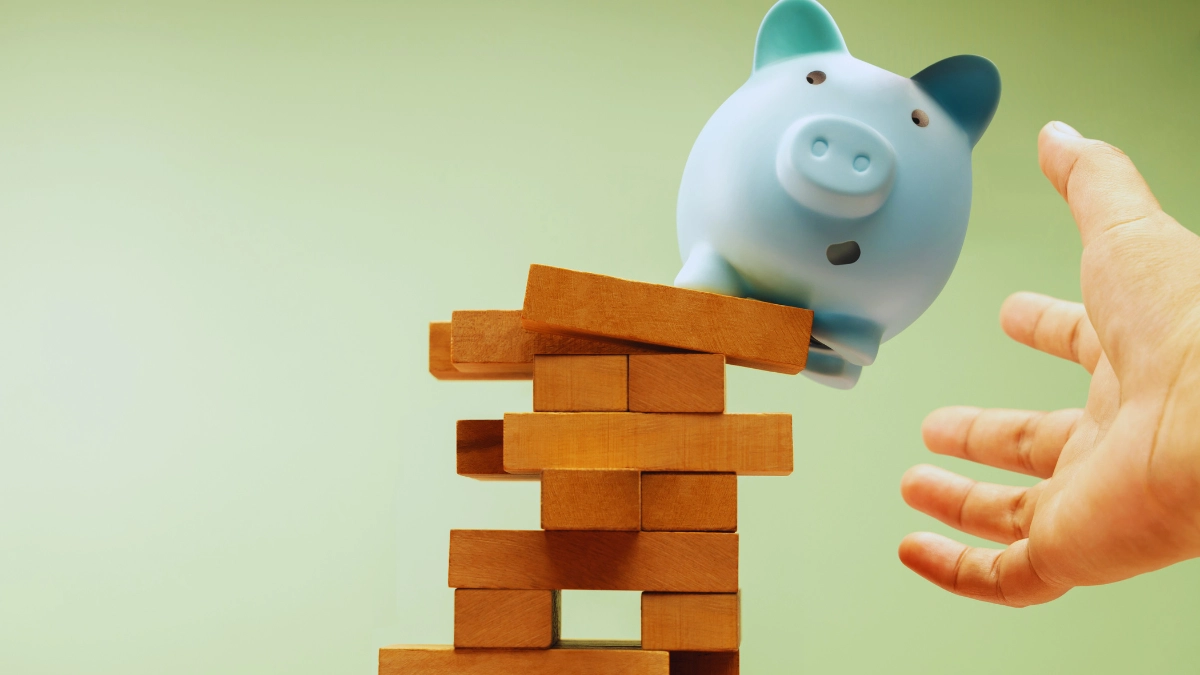
Atlas Shrugged shows what happens when you mix free markets with government control. You get the worst of both systems.
Free markets work when people can make voluntary exchanges based on their own judgment. Government control works when someone has complete authority and responsibility.
But mixed systems create confusion. Nobody knows who’s in charge. Nobody takes responsibility when things go wrong.
Why this matters today: Most modern economies are mixed systems. They have some free market elements and some government control.
This creates instability. Markets can’t function properly, but the government can’t control everything either.
What you can do: Recognize that mixed systems will always have problems. Don’t expect them to work perfectly. Build your plans around this reality.
Lesson 14: Smart People Leave Bad Systems
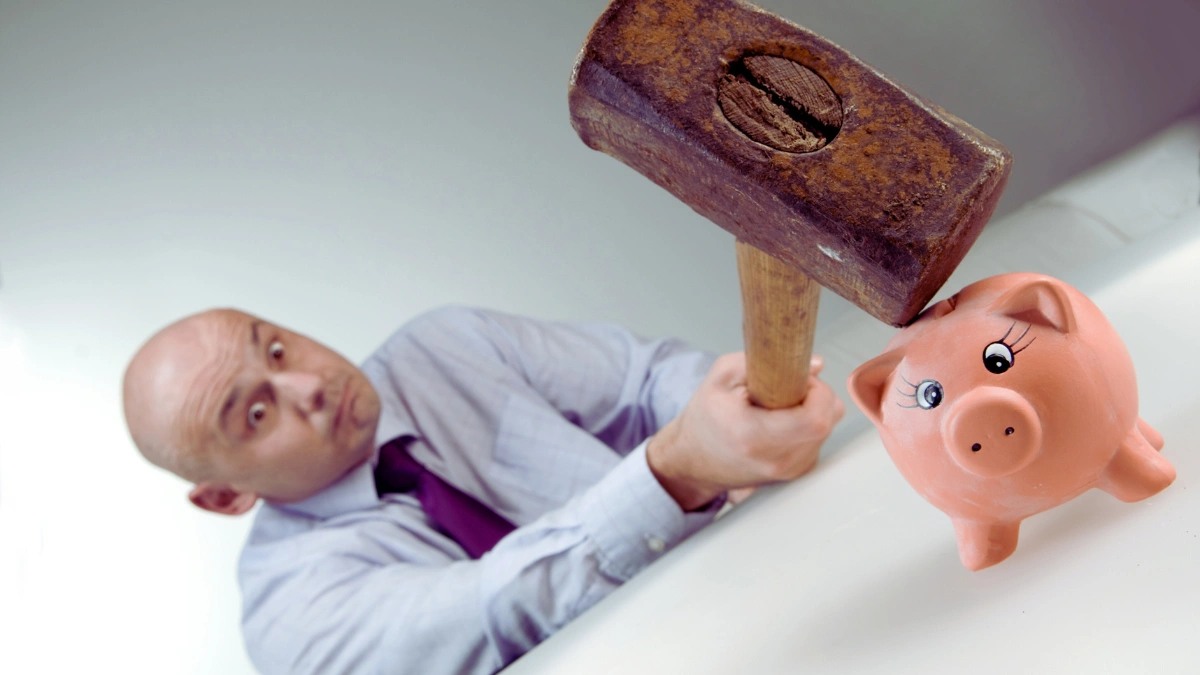
The main plot of Atlas Shrugged is simple: All the smart, productive people disappear. They get tired of being punished for their success and quit.
This isn’t just fiction. It happens in real life.
When countries over-tax and over-regulate their most productive people, those people leave. This brain drain makes everyone worse off.
Why this matters today: High-tax states are losing population to low-tax states. High-tax countries are losing citizens to low-tax countries.
The people who leave are usually the ones who create the most jobs and pay the most taxes.
What you can do: If you’re in a place that punishes success, consider moving. If you’re a voter, support policies that keep productive people in your area.
Lesson 15: Ideas Shape Economic Systems
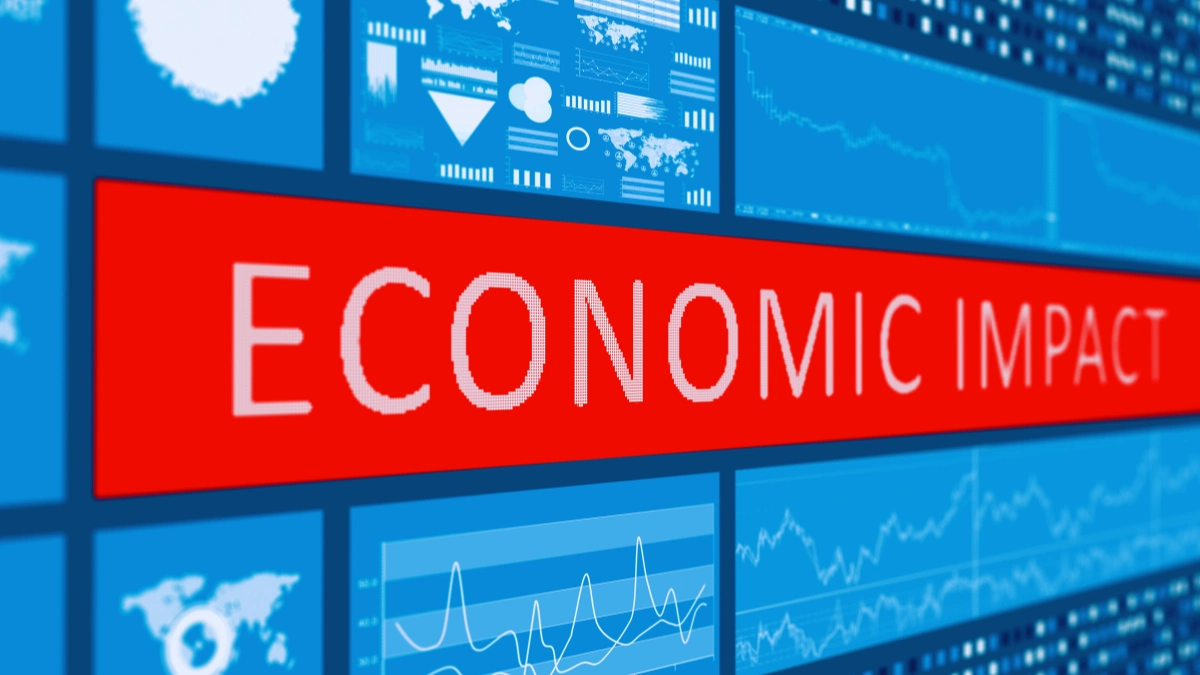
Here’s the deepest lesson from Atlas Shrugged: Economic systems come from ideas about what’s right and wrong.
If people believe individual achievement is good, they build free market systems. If people believe individual achievement is selfish, they build socialist systems.
The book argues that “without a moral revolution, we cannot win true economic or political freedom.”
This is why the book is so controversial. It doesn’t just argue that free markets work better. It argues that free markets are morally superior.
Why this matters today: Most people support free markets because they work. But they feel guilty about it. They think capitalism is selfish and greedy.
This guilt makes them support policies that hurt the economy.
What you can do: Don’t feel guilty about supporting systems that create wealth and opportunity. Free markets have lifted more people out of poverty than any other system in history.





